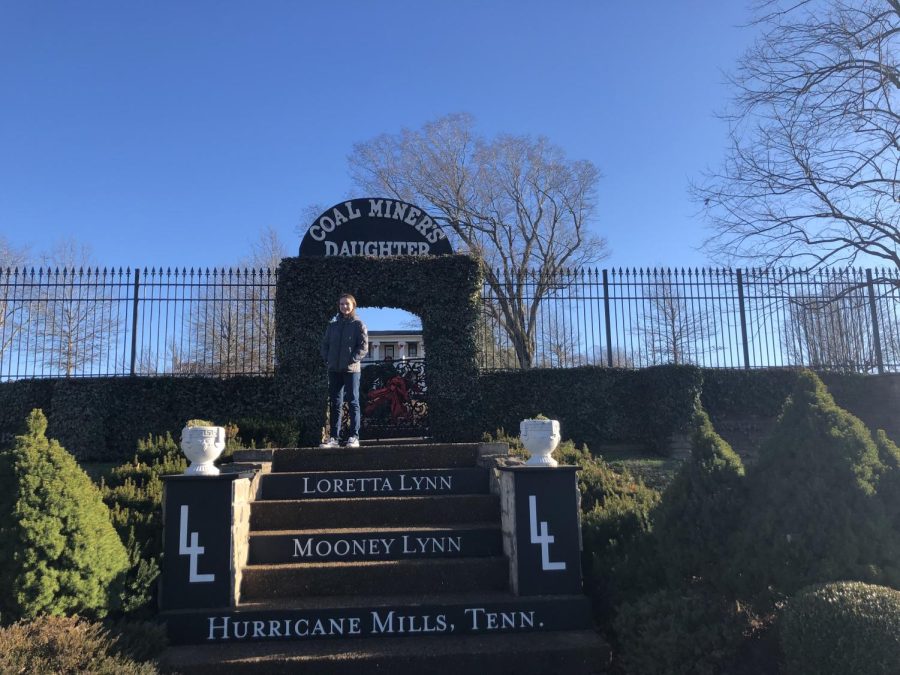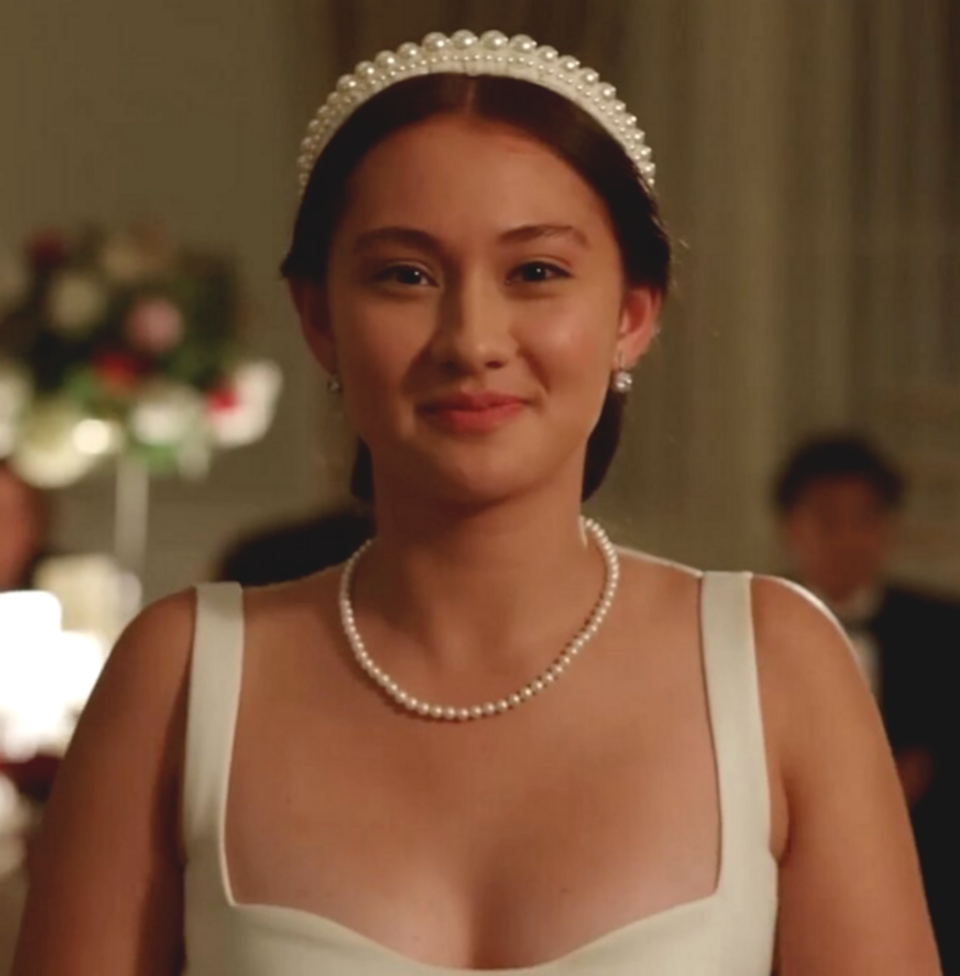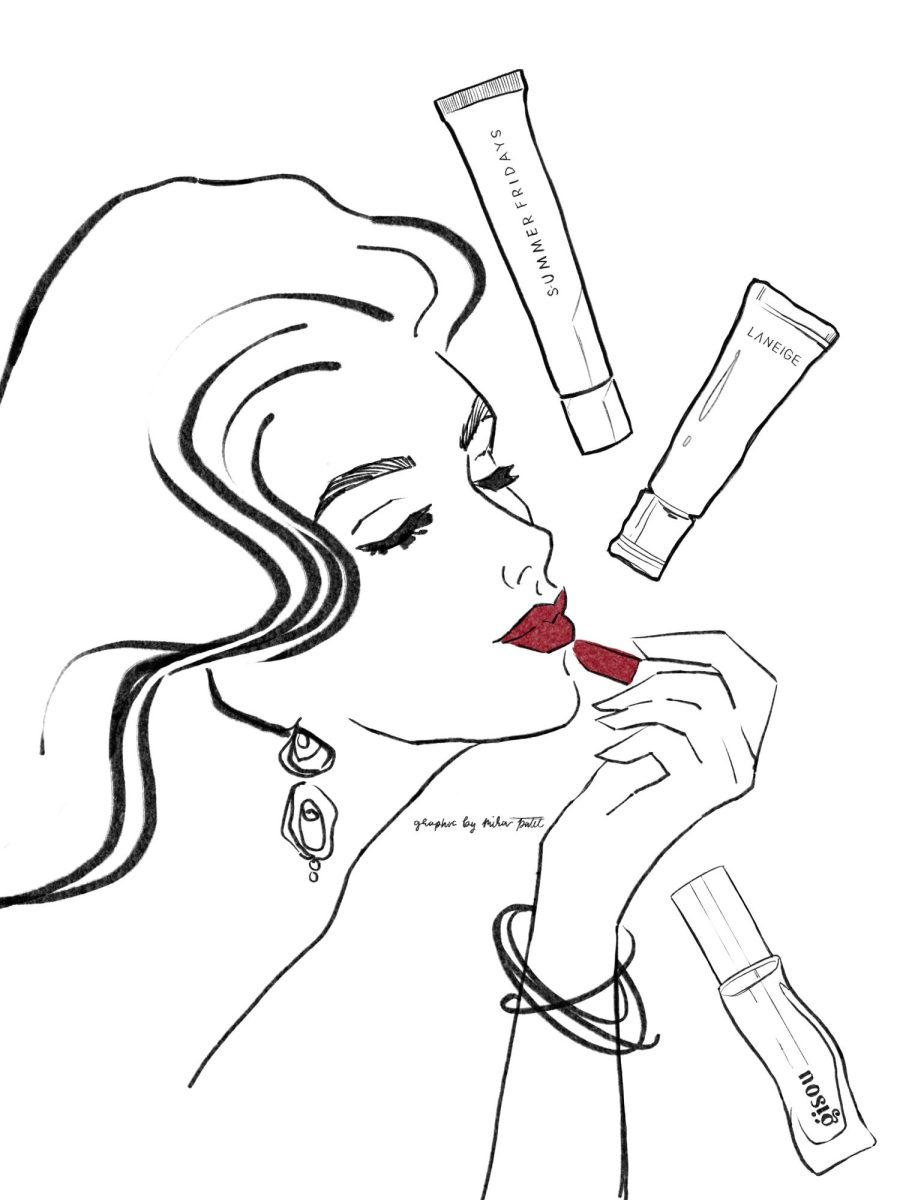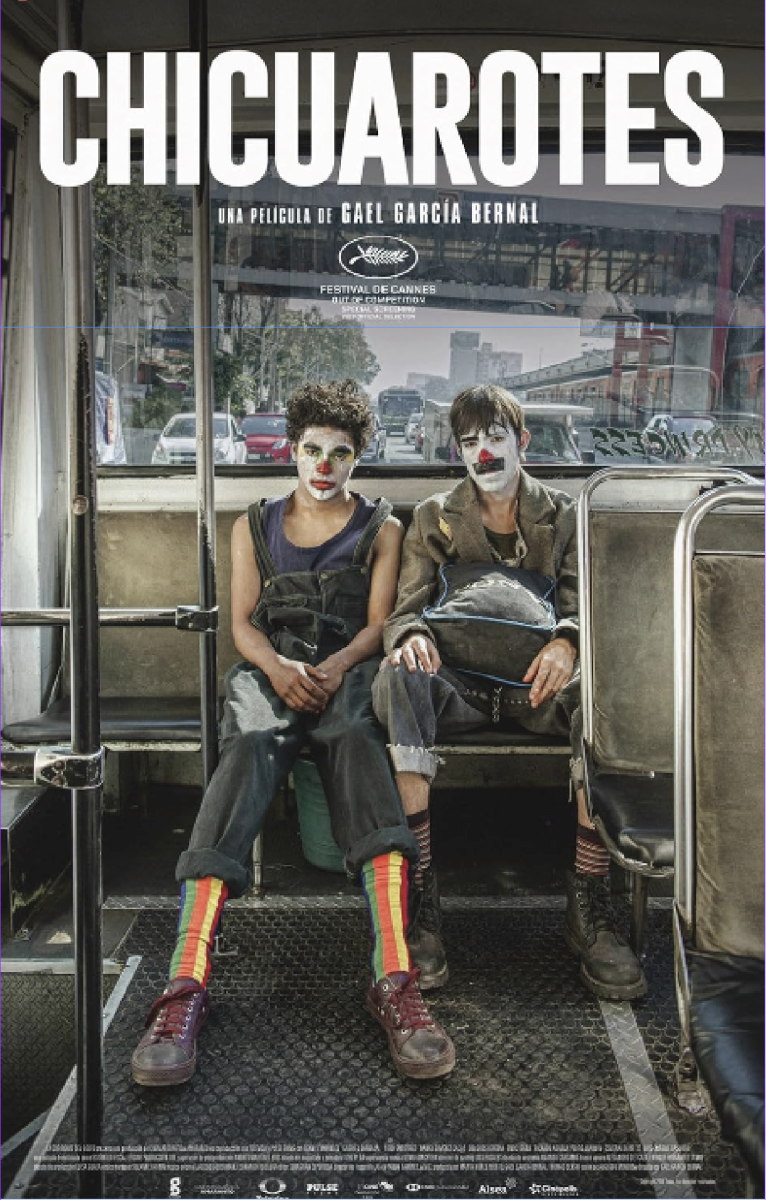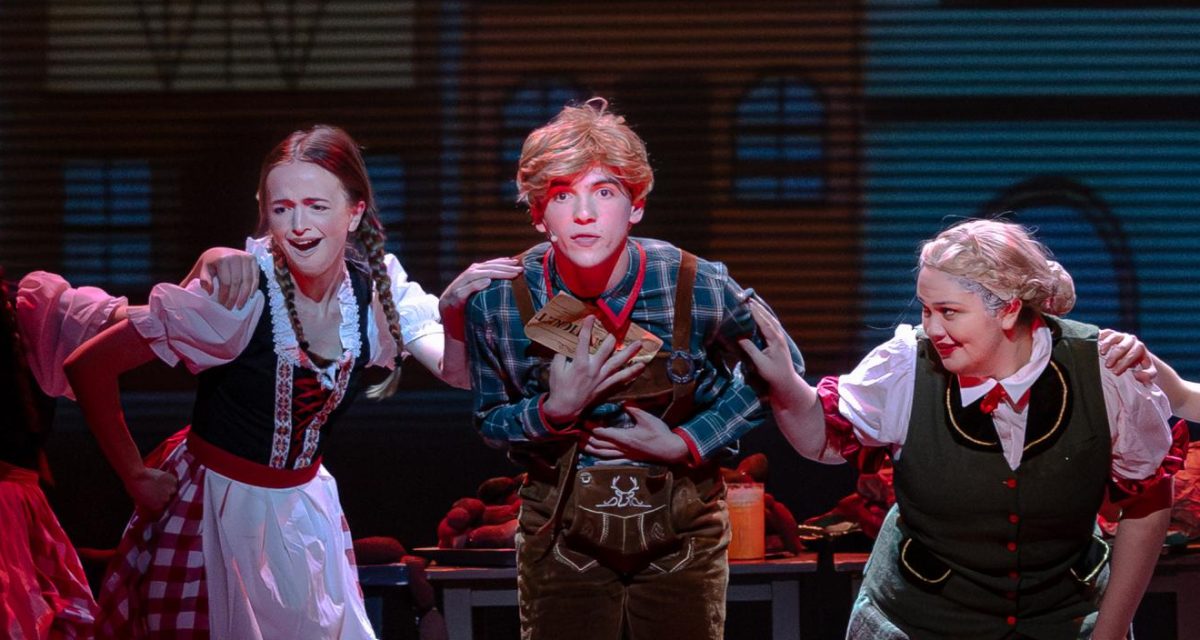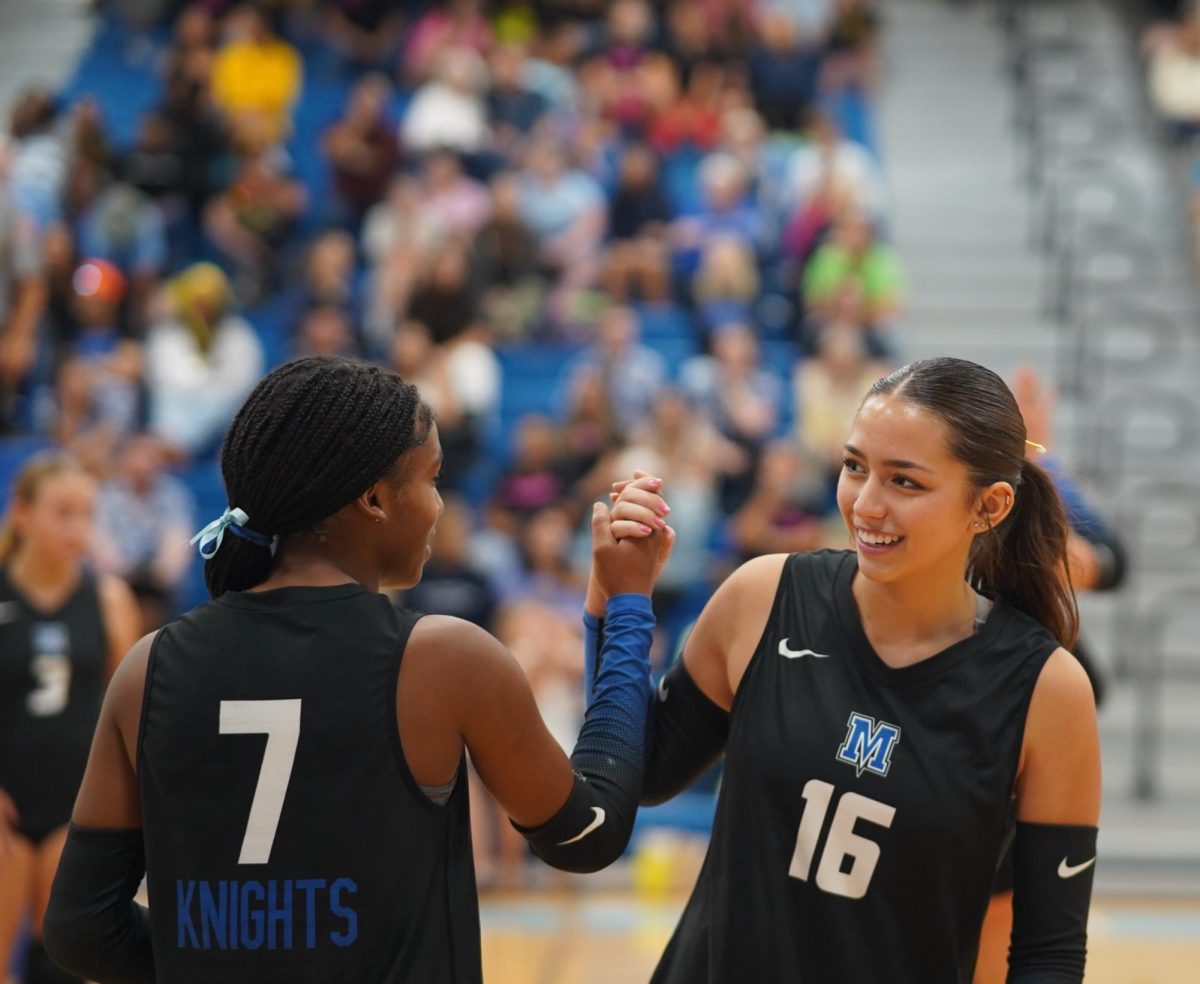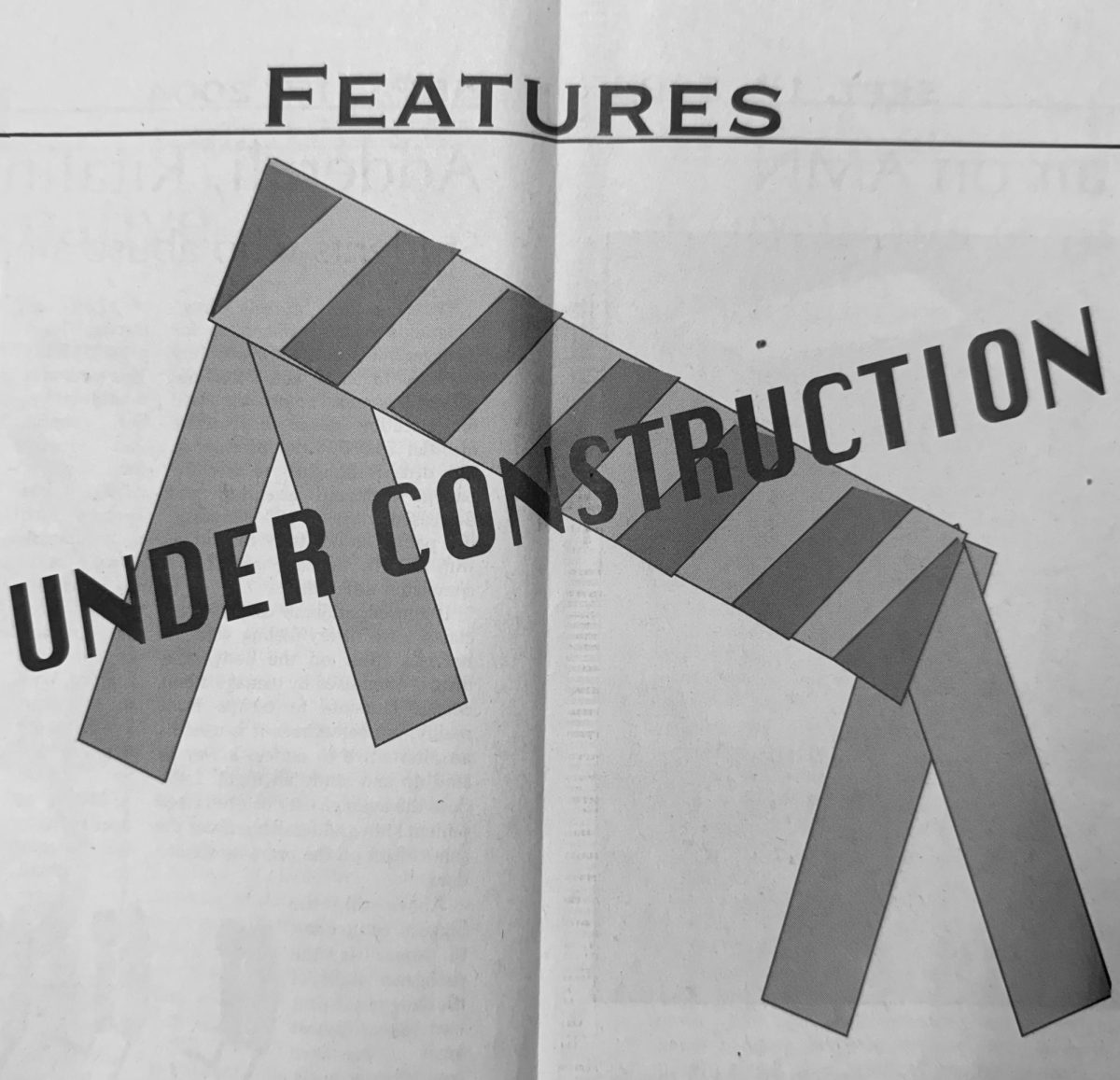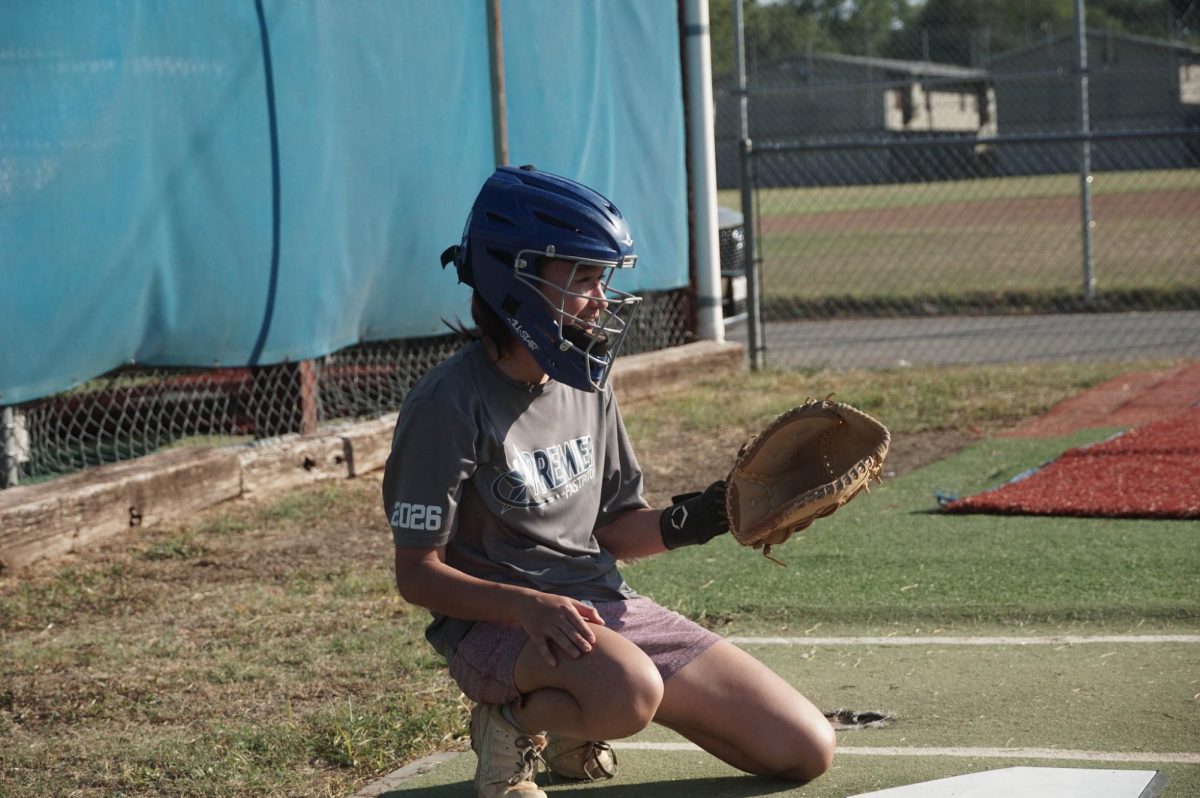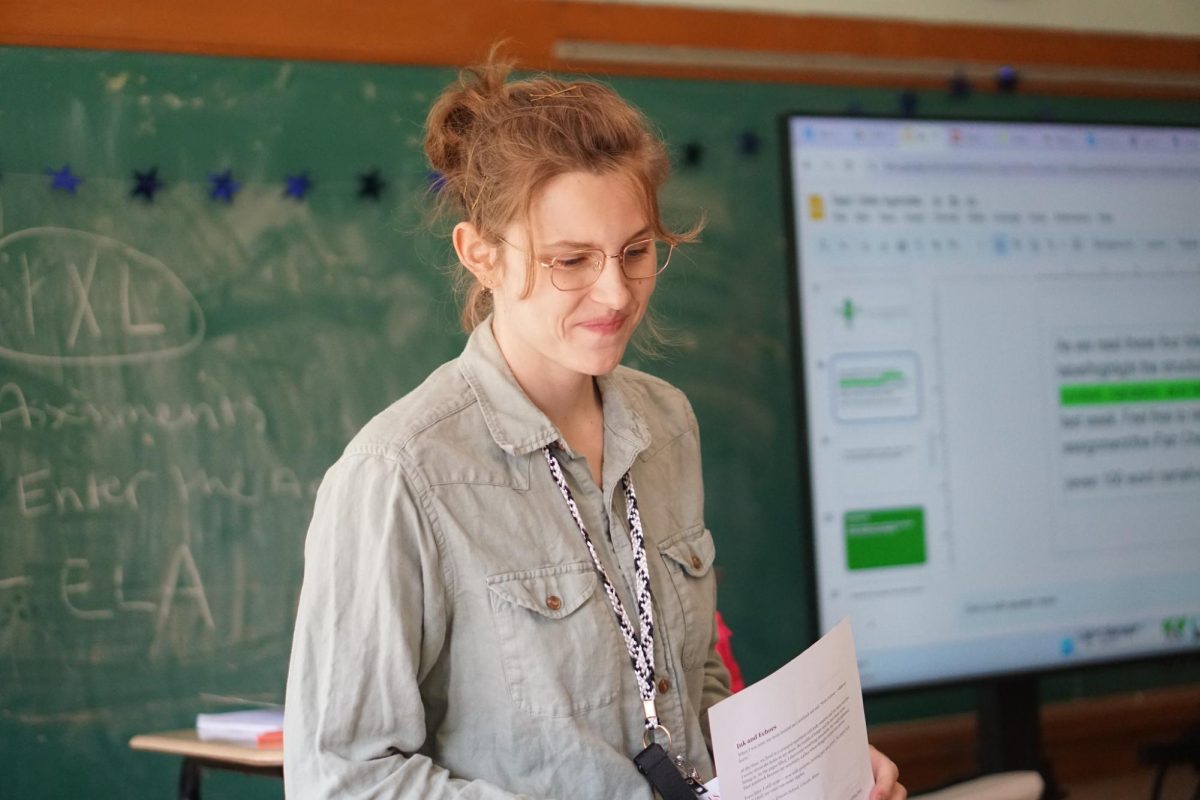Three of country music’s leading ladies opened the CMAs on Nov. 9 with a heartfelt tribute to Loretta Lynn who passed away on Oct. 4 at the age of 90. Carrie Underwood, Miranda Lambert and Reba McEntire sparkled and smiled as they sang a medley of Lynn’s greatest hits, honoring her impact on country music. As I watched, I reflected on the impact she had on shaping who I am today as a young woman and musician.
Four years ago, as the car wheels churned through the Tennessee dirt, my 12-year-old eyes grew wide as I spotted the sign I’d spent the past hour dreaming of — “Welcome to Loretta Lynn’s Ranch.” I stepped out of the car, paused “Coal Miner’s Daughter” in my earbuds and burned the vision into my memory. Having spent my days crooning classic country hits on the way to school and my nights learning fiddle tunes under the stars, I was in my own kind of heaven. Four years later, there is still no one more inspiring to me than Loretta Lynn. The poster I bought on that trip hangs proudly over my bed, reminding me every day to hold my head high and embrace the power of my voice.
I always imagined that when Loretta died, my tears would be unstoppable. But as I sat in history class on Oct. 4 and focused my eyes on the news alert I never wanted to see, I pushed my shoulders up, held my head high and wore the water in my eyes like a diamond. Loretta helped me and thousands of other American women find our place in the world. She wore her difficult past with the same amount of pride as her sparkly gowns. She made country music a genre for everyone, masterfully weaving the story of American women into timeless lyrics and catchy songs. My grandma became a fan decades ago after hearing Loretta’s songs about motherhood and feminine power on country radio. I became a fan as a middle-schooler when the jukebox at my favorite pizza place blessed my ears with steel guitar licks and soulful vocals unlike anything I had ever heard. From then on, Loretta’s songs became my hype music, my crying music and most of all, my favorite music.
Lynn fell in love with country music growing up listening to the Grand Ole Opry on an AM radio station, and I fell in love with country music from listening to her. Lynn got married at 15, had her first child at 16 and was a mother of four by 22. Her husband gave her a $17 guitar, believing she could be a star after hearing her sing to the children. In 1960, Lynn traveled to radio stations and fought tooth and nail to get her debut song “Honky Tonk Girl” on air. In no time, she was standing on stage at the Grand Ole Opry and sending her voice and lyrics nationwide.
In 1960s Nashville, Lynn was an unusual star. She had grown up in a one-room log cabin in as-rural-as-it-gets Kentucky and talked like it. By the time Lynn arrived on Music Row, she was a mother of six with big dreams and an even bigger voice. Lynn’s signature song “Coal Miner’s Daughter” is filled with memories of the difficult-but-character-defining childhood that created the Queen of Country Music.
“We were poor but we had love,” Lynn wrote in “Coal Miner’s Daughter.” “That’s the one thing that Daddy made sure of. He shoveled coal to make a poor man’s dollar.”
She spoke to the world through her lyrics with the authority that only a mother could have. For the first time, Lynn made country music something for everyone, including women who worked, fought, dreamed and ran their households.
1966 brought the release of “You Ain’t Woman Enough,” and it was an instant hit. In 1967, Lynn was on fire. “Don’t Come Home A-Drinkin (With Lovin’ On Your Mind)” was her first No. 1 country hit. It was one of the first mainstream songs to spread the message that women can say no to men. That year, Lynn made history as the first-ever winner of Female Vocalist of the Year at the CMAs, an award she would win two more times throughout her career. In the ‘70s, Loretta Lynn became a household name. “Coal Miner’s Daughter” reached No. 1 on the Billboard Country Chart and even made an appearance on the Billboard Hot 100. In 1972, Lynn was the first woman to win the CMA for Entertainer of the Year.
Under Lynn’s pen, no topic was off limits. She paired stories of cheating, sex, war, female rage and childbirth with upbeat steel guitar licks and humor. She released “Rated X” in 1973, detailing the stigma and double standard women faced after a divorce. She continued to champion women’s rights with the 1975 release of “The Pill,” which was undeniably Lynn’s most controversial hit, as it was one of the first songs of its time to ever discuss birth control. “The Pill” celebrated sexual freedom and female empowerment.
“This old maternity dress I’ve got is goin’ in the garbage,” Lynn wrote in “The Pill.” “The clothes I’m wearin’ from now on won’t take up so much yardage. Miniskirts, hot pants and a few little fancy frills, yeah I’m makin’ up for all those years since I’ve got the pill.”
According to a 1975 People Magazine story, 60 country radio stations banned “The Pill.” Time Magazine reports that 50 years after the song’s release, “The Pill” was played only once by a country radio station in 2022, despite it being a classic.
The Oscar-winning movie “Coal Miner’s Daughter” immortalized Lynn’s atypical road to success. Sixty years after Lynn first entered the music scene, her impact on women in the country genre is as strong as ever. Lynn collaborated with Carrie Underwood and Reba McEntire on her 2021 song “Still Woman Enough.” Lynn wrote the song with her daughter to reflect on the lessons she learned throughout nearly 90 years of living.
“I’m still woman enough, still got what it takes inside,” the trio sang in the chorus. “I know how to love, lose and survive. Ain’t much I ain’t seen and I ain’t tried. Been knocked down but never out of the fight. I’m strong but I’m tender, wise but I’m tough. And let me tell you when it comes to love, I’m still woman enough.”
Carly Pearce, the 2021 winner of the CMA for Female Vocalist of the Year, wrote a song called “Dear Miss Loretta.” Pearce said in an Instagram post that she sang it at the Opry with “a little extra love” on the night of Lynn’s passing.
“Dear Miss Loretta, I ain’t ever met ya, but I’m lonely tonight and I just betcha, you might have some wisdom to pull off that shelf,” Pearce wrote in “Dear Miss Loretta.” “Your songs were all fun ’til I lived them myself.”
The Ryman Auditorium, the original home of the Grand Ole Opry, made an Instagram post to honor Lynn’s legacy. She was a member of the Opry for 60 years.
“Loretta Lynn was a trailblazer for women, a country music icon and a beacon of light to all those around her,” the Ryman said. “We will miss you, Loretta. Your legacy will live on forever here at the Mother Church.”
Lynn’s career broke down countless barriers for women and changed the genre forever. According to the Academy of Country Music, Lynn had 51 Top 10 hits throughout her career and is the only female to win the ACM for Artist of the Decade and Entertainer of the Year. She was a member of both the Country Music Hall of Fame and the Songwriters Hall of Fame. After more than 45 million worldwide record sales, Lynn’s songs continue to resonate with people. In 2013, Lynn was awarded the Presidential Medal of Freedom. Lynn will go down in history as one of the most awarded and loved musicians of all time.
On Lynn’s 90th birthday this April, I wrote her a letter to thank her for being my mentor in music and in life, even if she didn’t know it. Now, I write to her in Heaven.
Dear Miss Loretta, thank you for inspiring me and so many other young female musicians to recognize the power of our music and voices. You have taught me to be bold, take risks and never apologize for telling the truth. I look up to you for using your music to lift the voices of others and for always staying true to who you are and where you came from. As I continue to grow into a woman I’m proud of, I’ll remember what you wrote in your “Coal Miner’s Daughter” autobiography:
“In the long run, you make your own luck… good, bad, or indifferent.”


